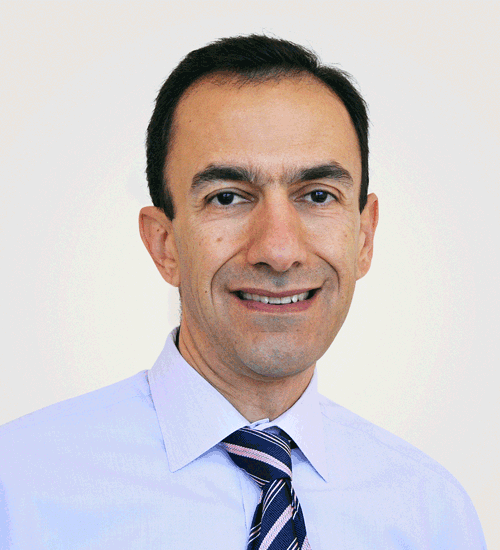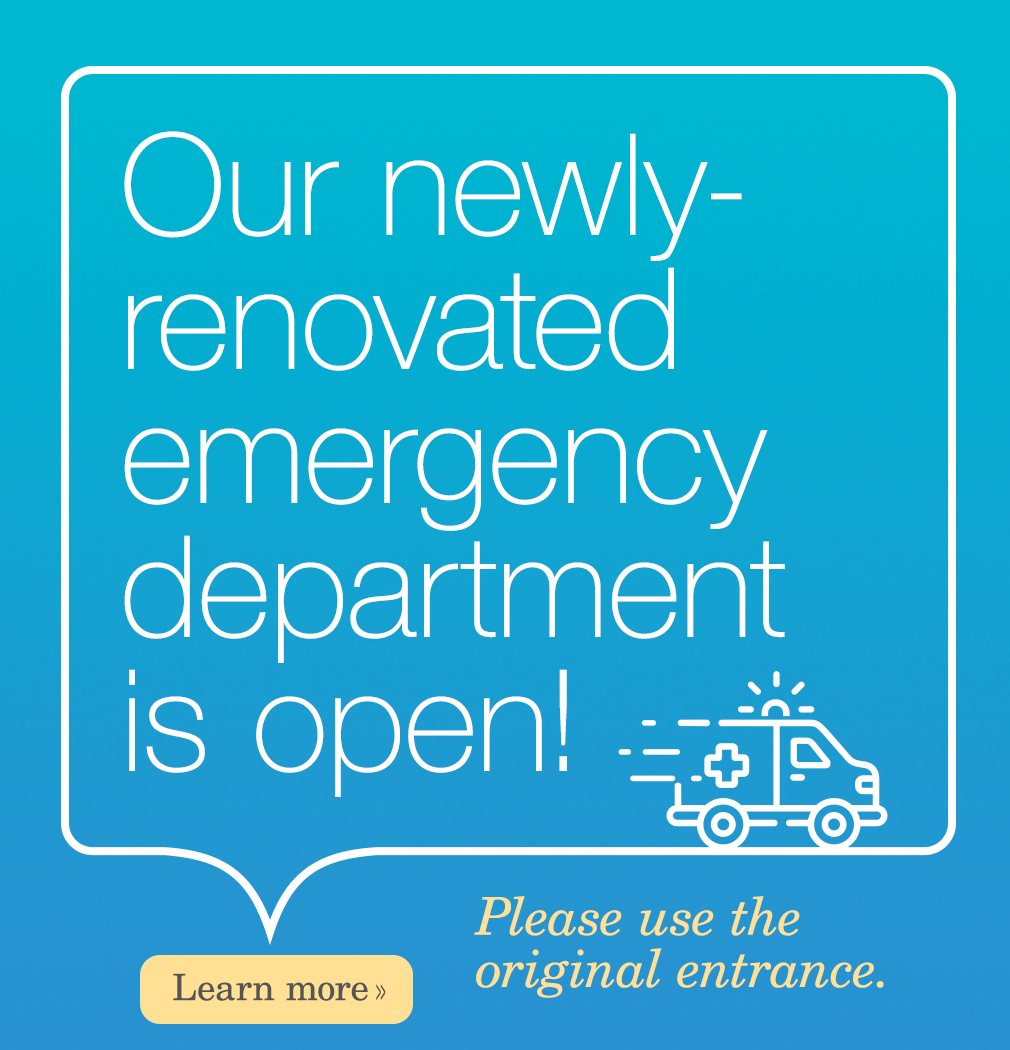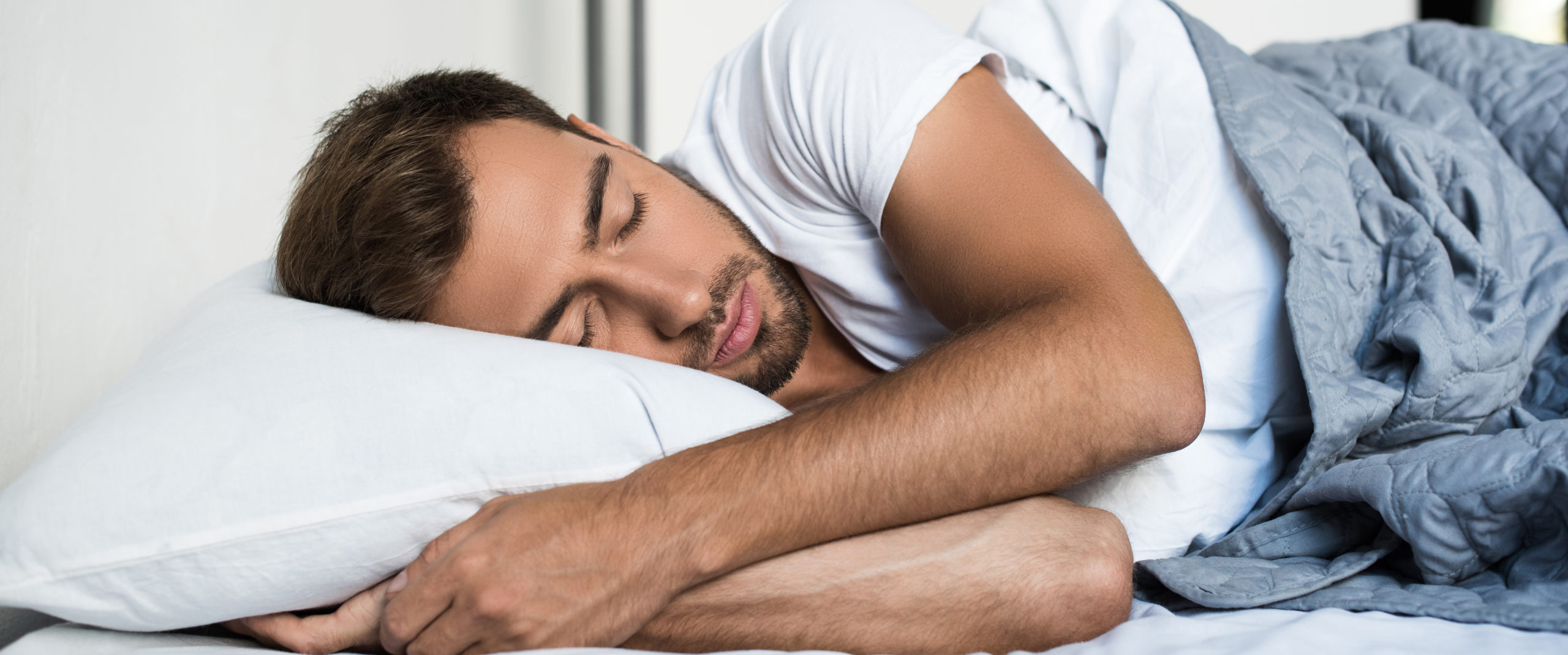

Welcome to Sleep Center
The Northwestern Sleep Center offers diagnostic services for people suffering from sleep disorders. Sleep tests are performed in our sleep lab located within our main hospital building and offer a comfortable, quiet atmosphere. Our private sleep rooms are equipped with a full-sized bed, a reclining chair and a sound machine. Dr. Haitham Nsour, a board-certified sleep medicine physician, leads the sleep center services.
Northwestern Sleep Center can help with conditions or sleep disorders that affect a person’s ability to get quality sleep, including:
- Sleep apnea
- Snoring
- Restless leg syndrome
- Periodic limb movement disorder
- Narcolepsy
- Sleepwalking
- Seasonal affective disorder
Northwestern Sleep Center has the distinction of being accredited by the American College of Sleep Medicine.
Key services
- Multiple Sleep Latency Testing (MSLT)
- Narcolepsy
- Polysomnography (PSG)
- Sleep tests
How to schedule a sleep study:
Are you a patient?
Individuals require a referral and prior authorization to have a sleep study.
If you’d like to be evaluated, we can walk you through the process of asking for a referral from your primary care provider or scheduling an appointment with our board-certified pulmonologist, Dr. Nsour.
Call us at
Are you a provider?
Please contact us so we can help you provide a referral with the correct supporting documentation. All tests must be justified.
Call us at
Not ready to call? Fill out our form for more information »
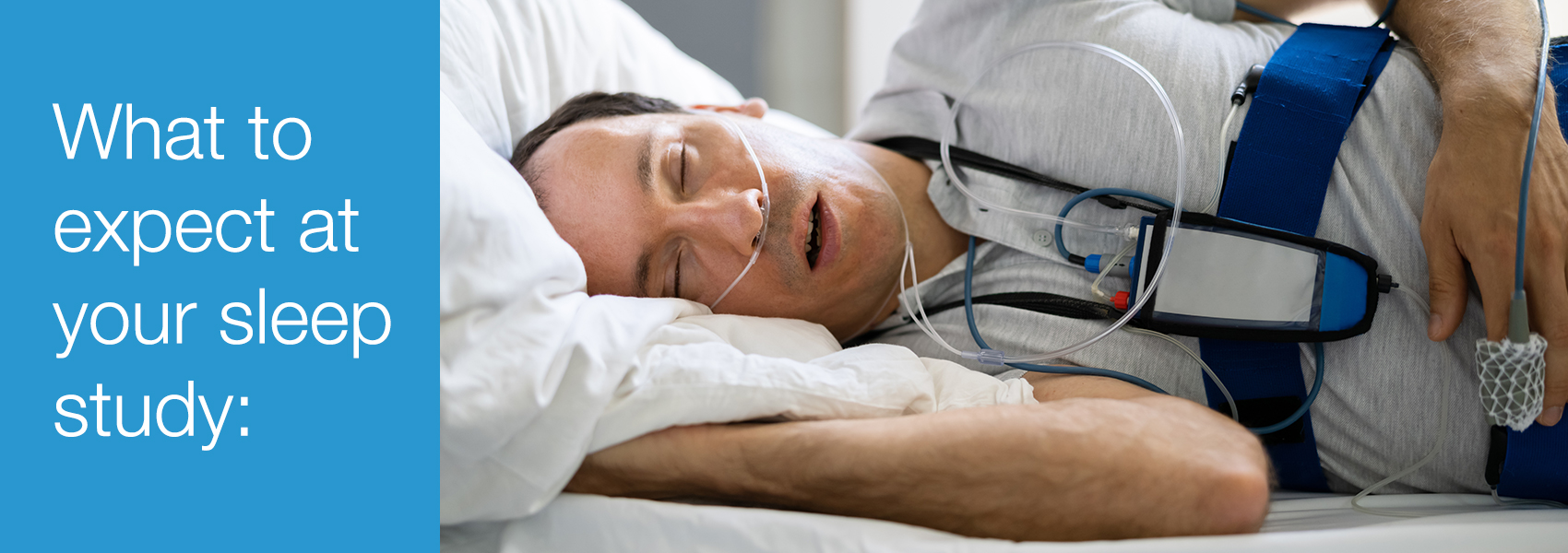
1. Arriving to your sleep study
Check-in for your sleep study at your scheduled time. Once you change into your pajamas or night clothes, the technologist will begin the setup. The technologist will spend about 45-60 minutes placing the electrodes and sensors on you. The wires take a little getting used to but should not be uncomfortable.
2. After setup is complete
Relax in your room until it is time to begin the study. Please plan on turning off the lights before 11 pm.
3. During your sleep study
During the night, if you need to get out of bed or need water, an extra pillow, or some other need, simply push the intercom button. This connects you to your sleep technologist. If you need to get out of bed, the sleep tech will disconnect the main cable. This is a simple step that does not inconvenience you, the technologist, or the study itself.
4. When the sleep study is complete
The sleep study typically ends between 5:45 and 6:00 AM. It will take approximately 10-15 minutes to remove the electrodes and sensors. You may plan for an earlier wake-up time to accommodate your schedule if you need more time to get ready or need to leave earlier. Please discuss this with the sleep technologist before bedtime to ensure adequate sleep time.
5. Your results
Results are read by the sleep medicine doctor and then the results are reviewed with you by the physician that ordered the sleep study. Please note, the technologist is not allowed to discuss results before the sleep medicine doctor has read/ interpreted the study. Please understand that it may take up to 2-3 weeks for the results to be read and sent to the ordering physician.
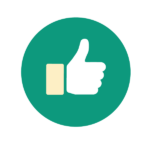
Do’s
- Follow your usual daily routine before the sleep study to ensure the best quality of sleep.
- Take all medications as usual prior to arrival for your sleep study.
- Make sure your hair is clean and dry.
- Minimize facial hair to help with the application of sensors.
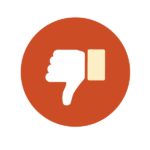
Dont’s
- Wear nail polish or artificial nails to your sleep study as it can effect some of the monitoring.
- Drink alcohol, take naps or have caffeine the day of your study.
- Wear lotions to your sleep study.
- Wear a one-piece pajama set (including nightgowns). It makes placing the sensors and wiring difficult.

